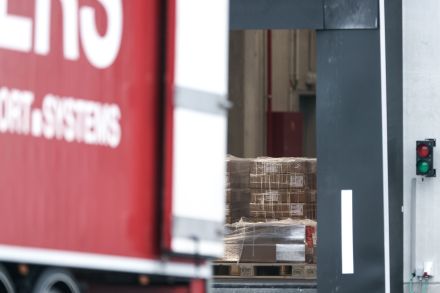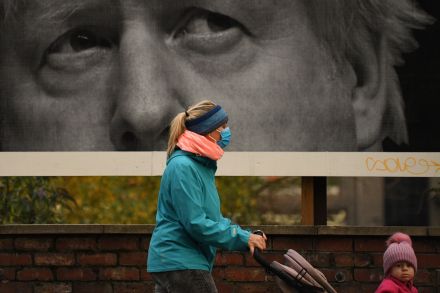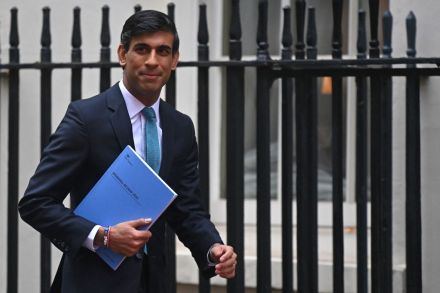Can any country dodge the Covid bullet?
The government is yet again under fire for its handling of Covid-19, as cases rise across parts of the country. But what about the global context? Is it still possible to argue that Britain has done especially badly in handling the pandemic? Possibly, but it is becoming increasingly hard to do so, as many countries



















